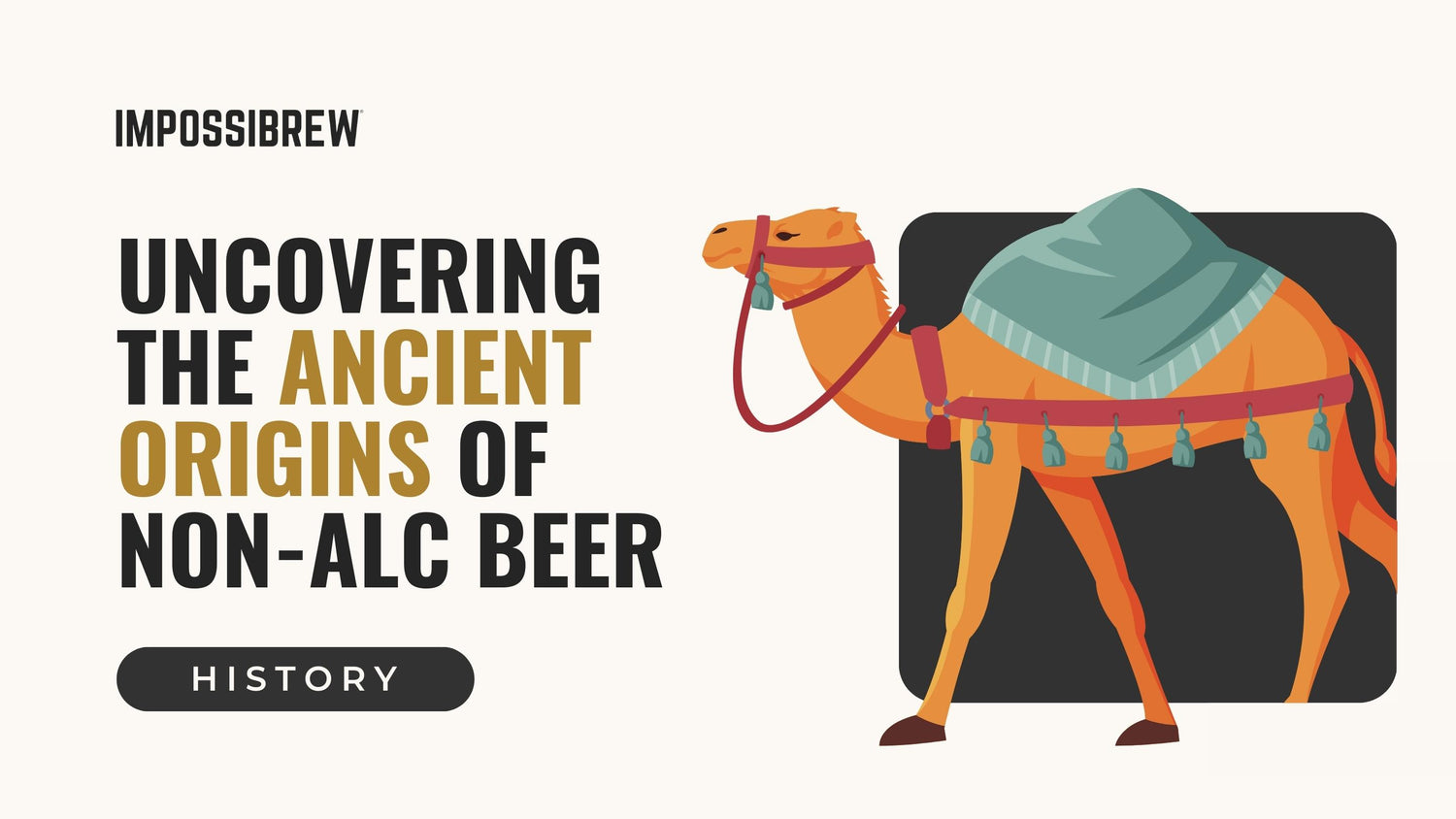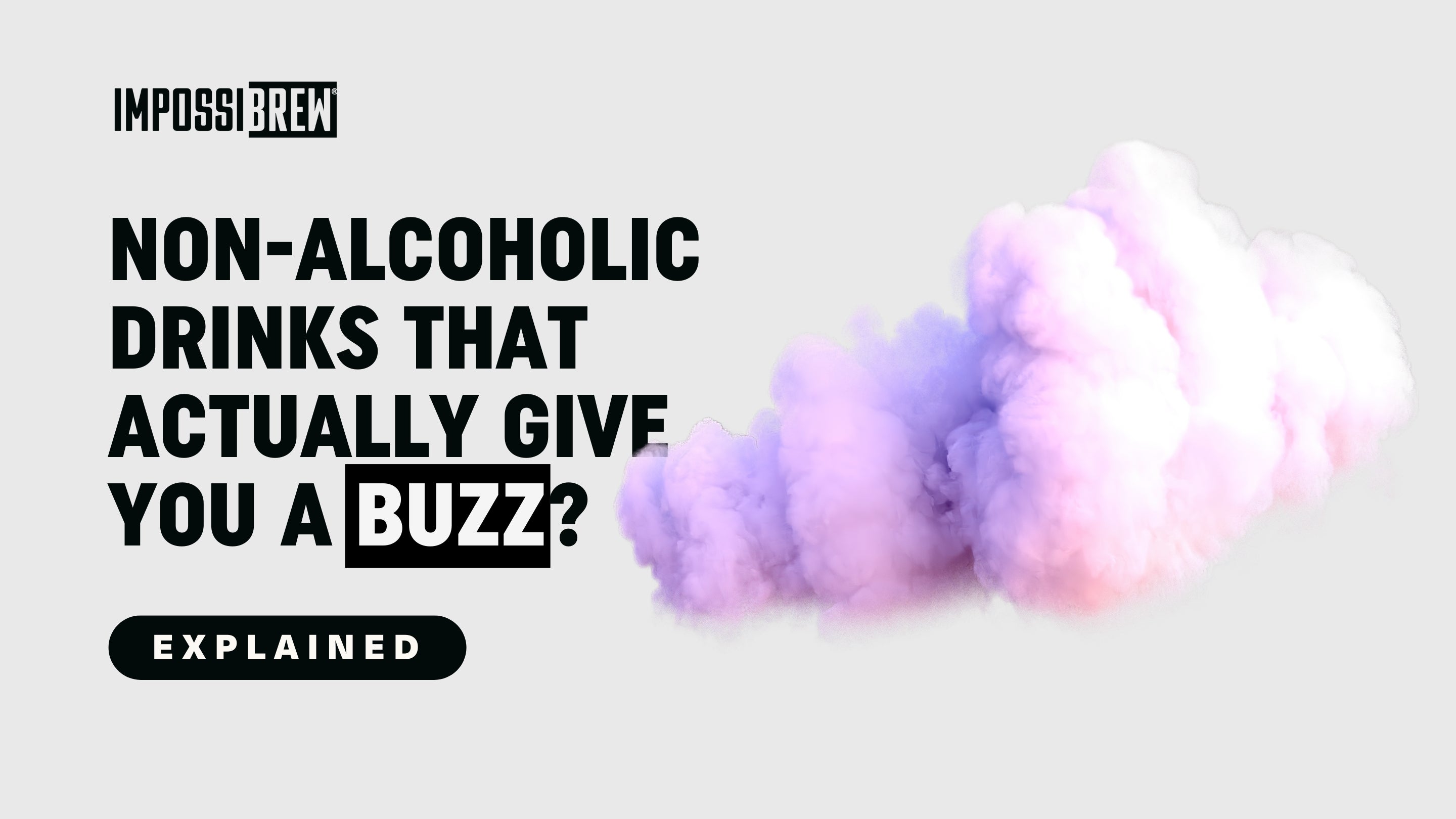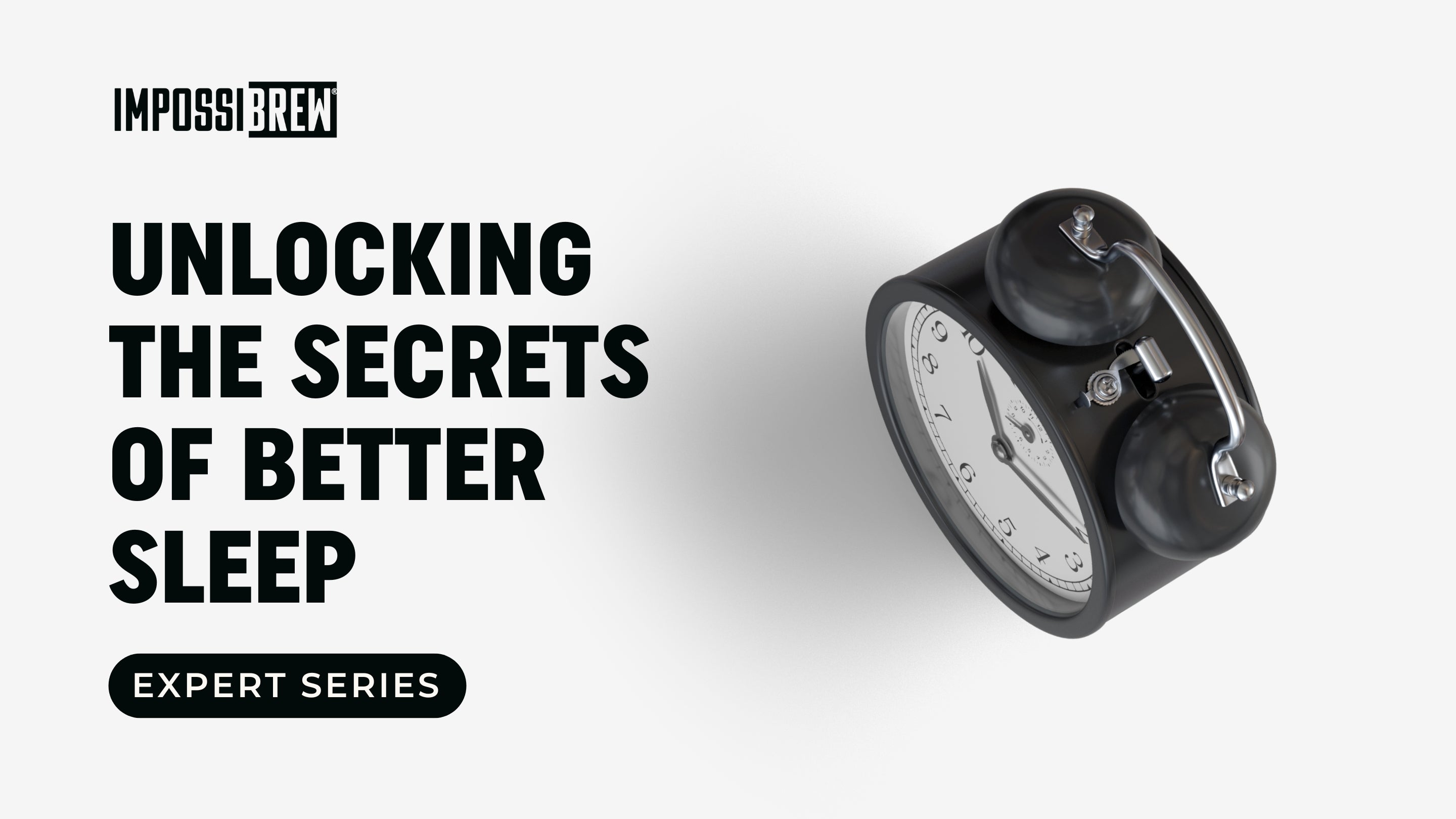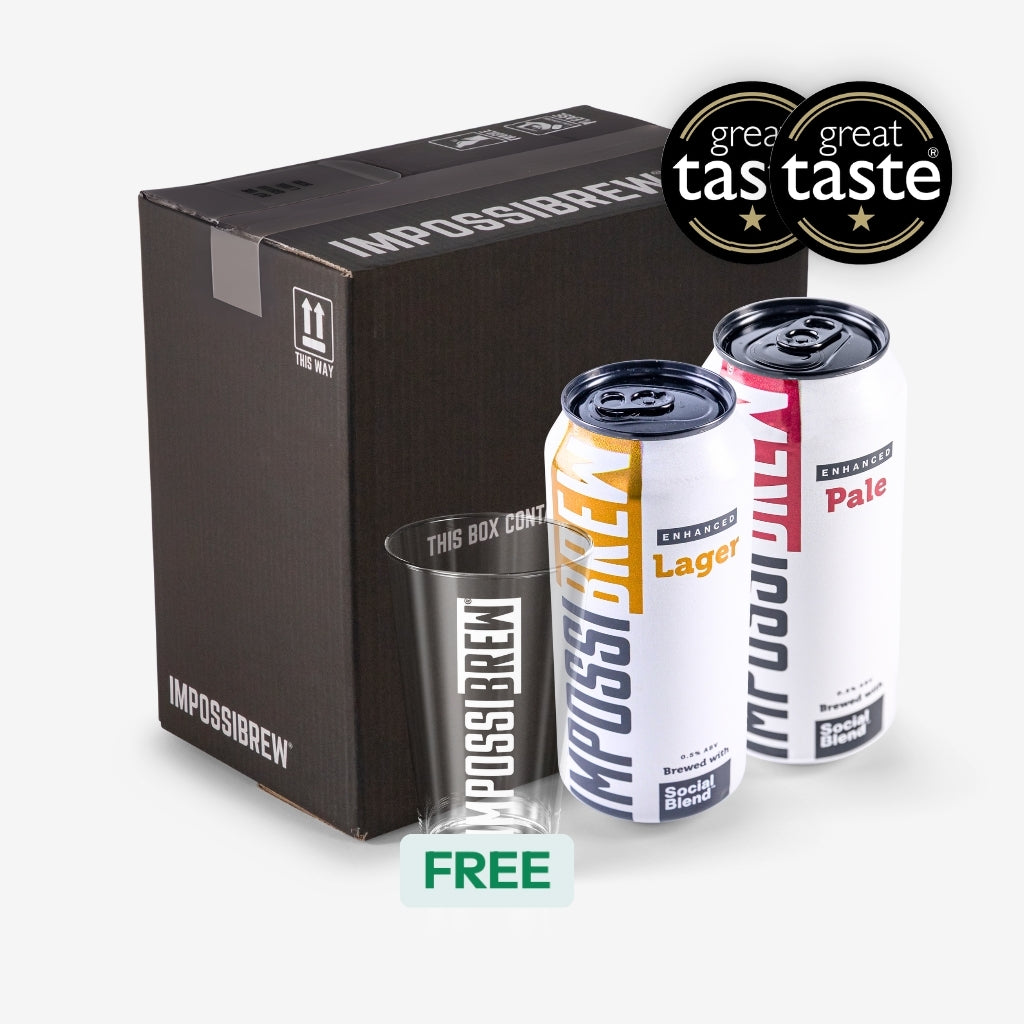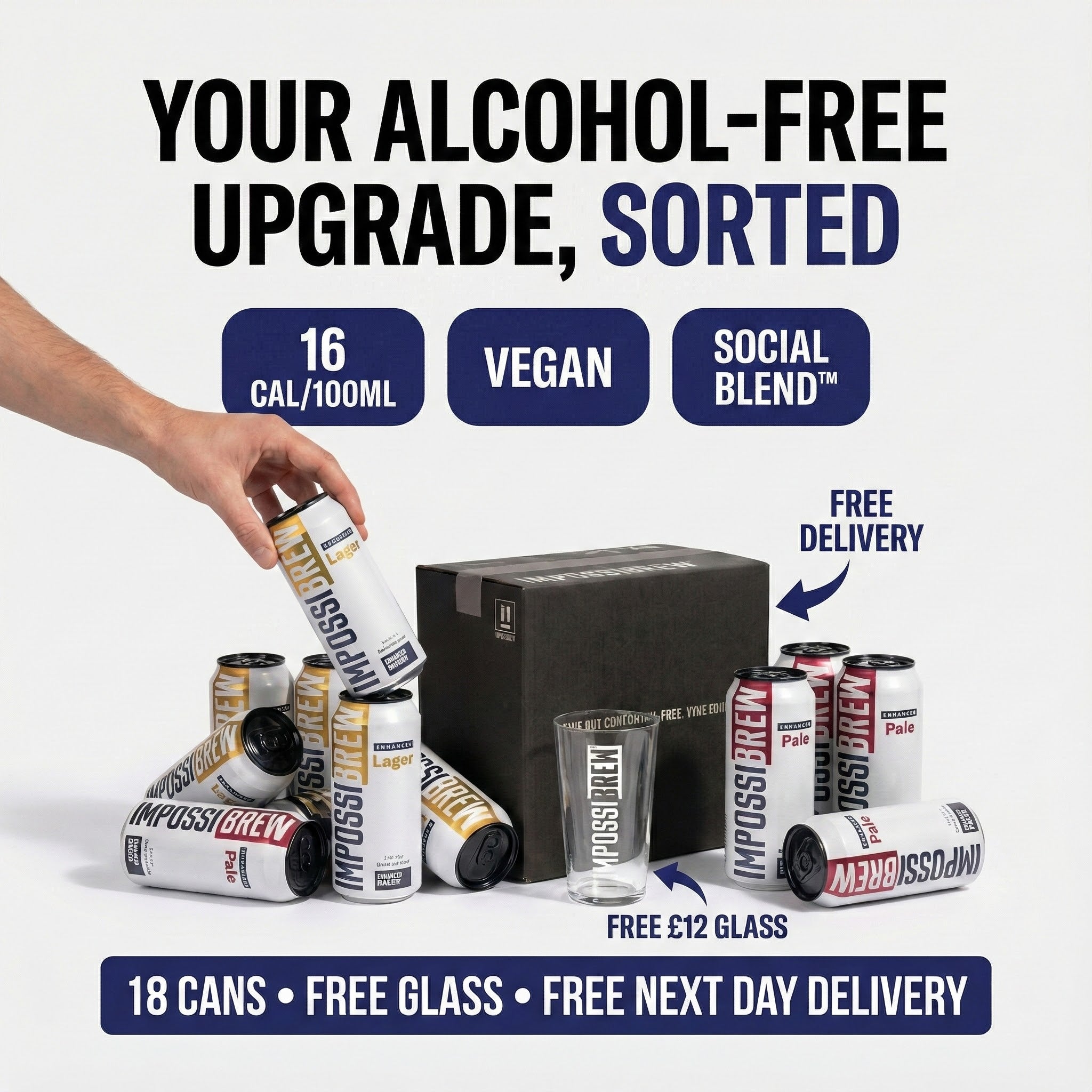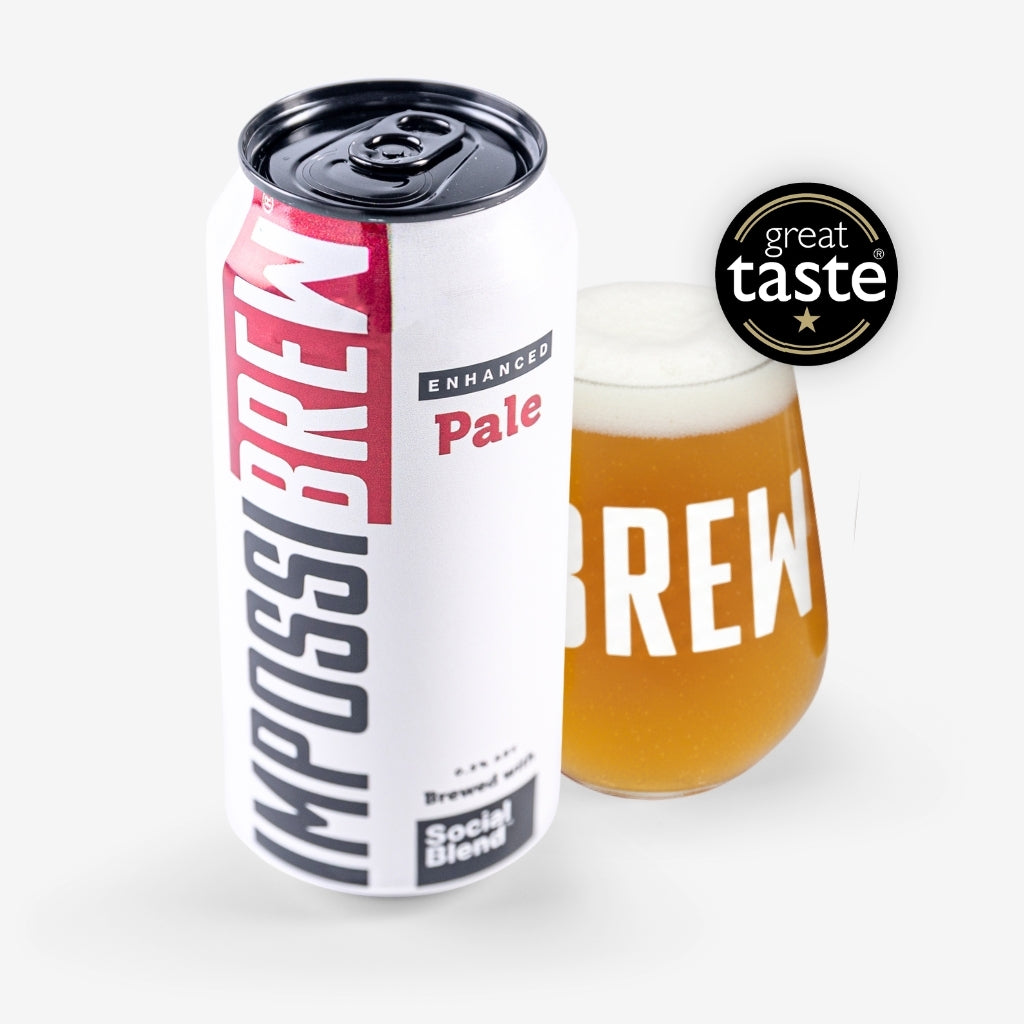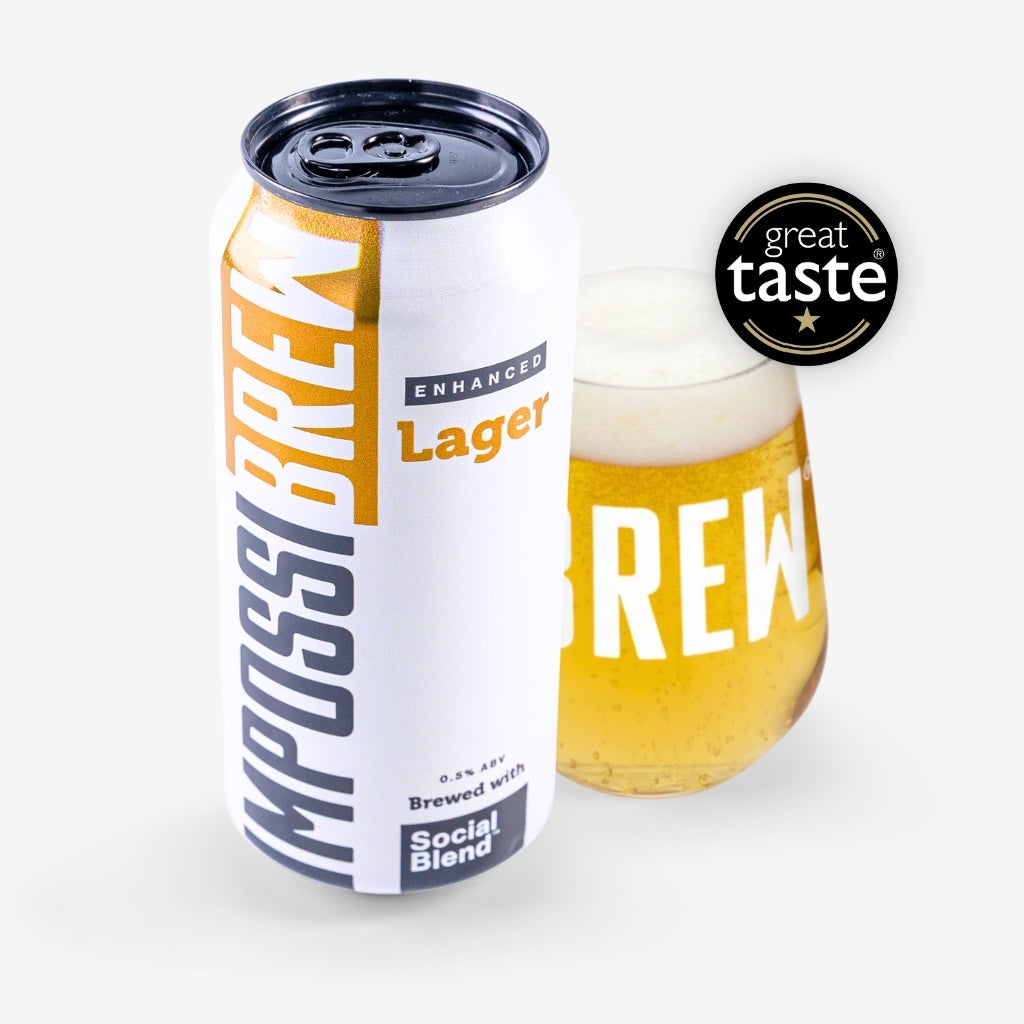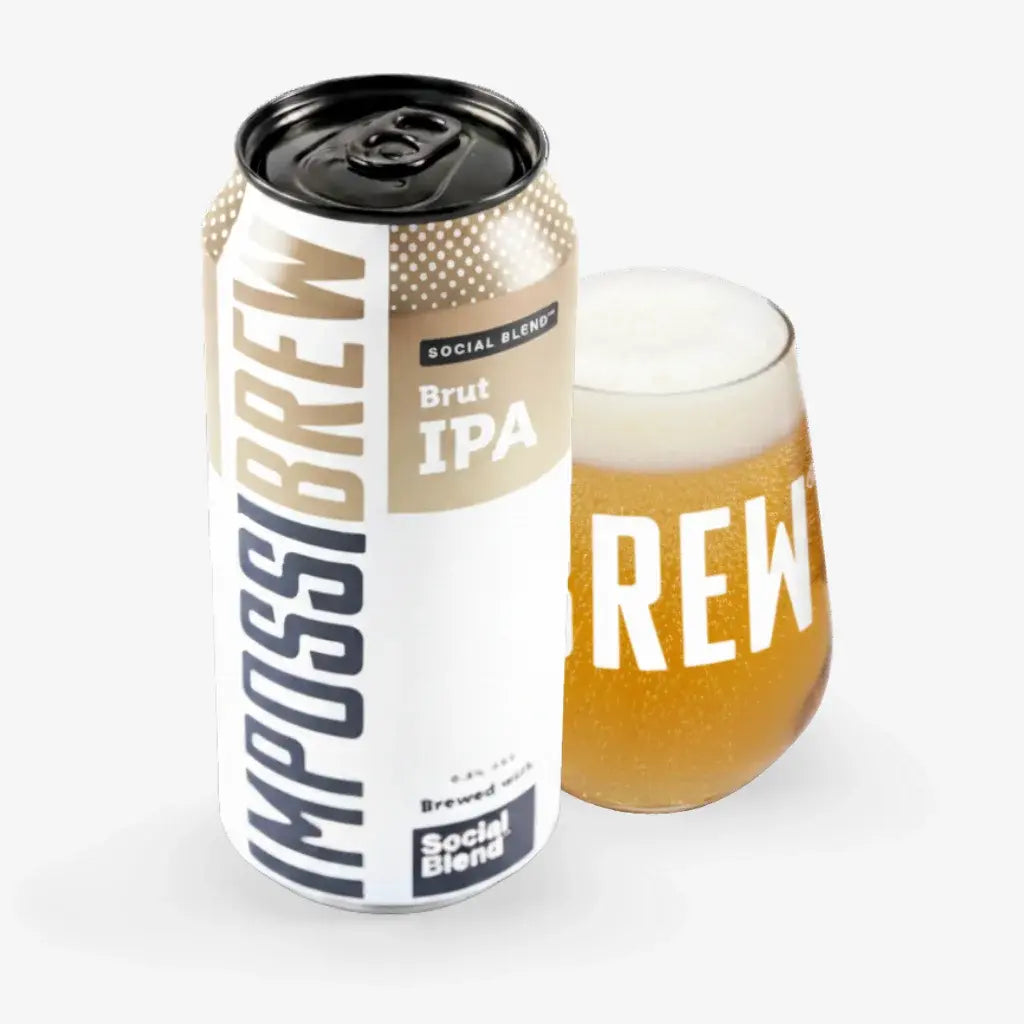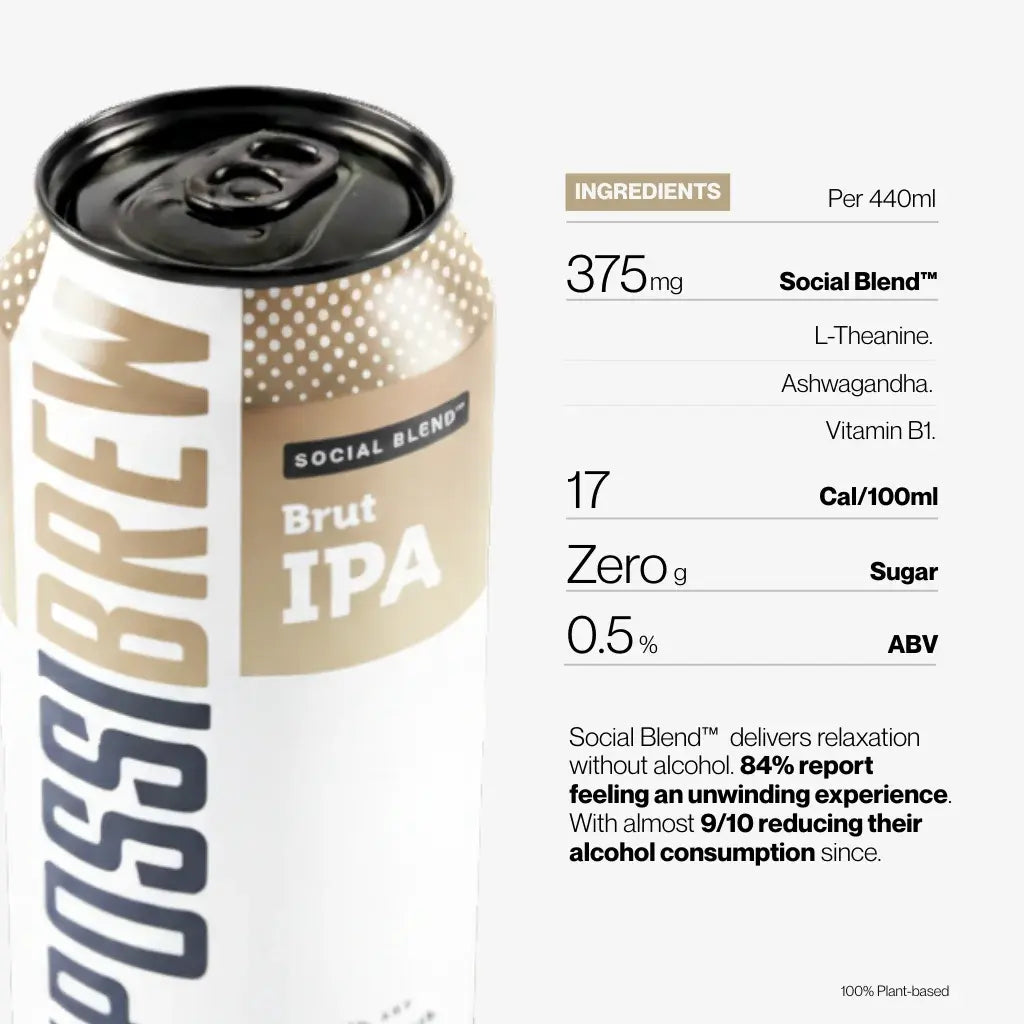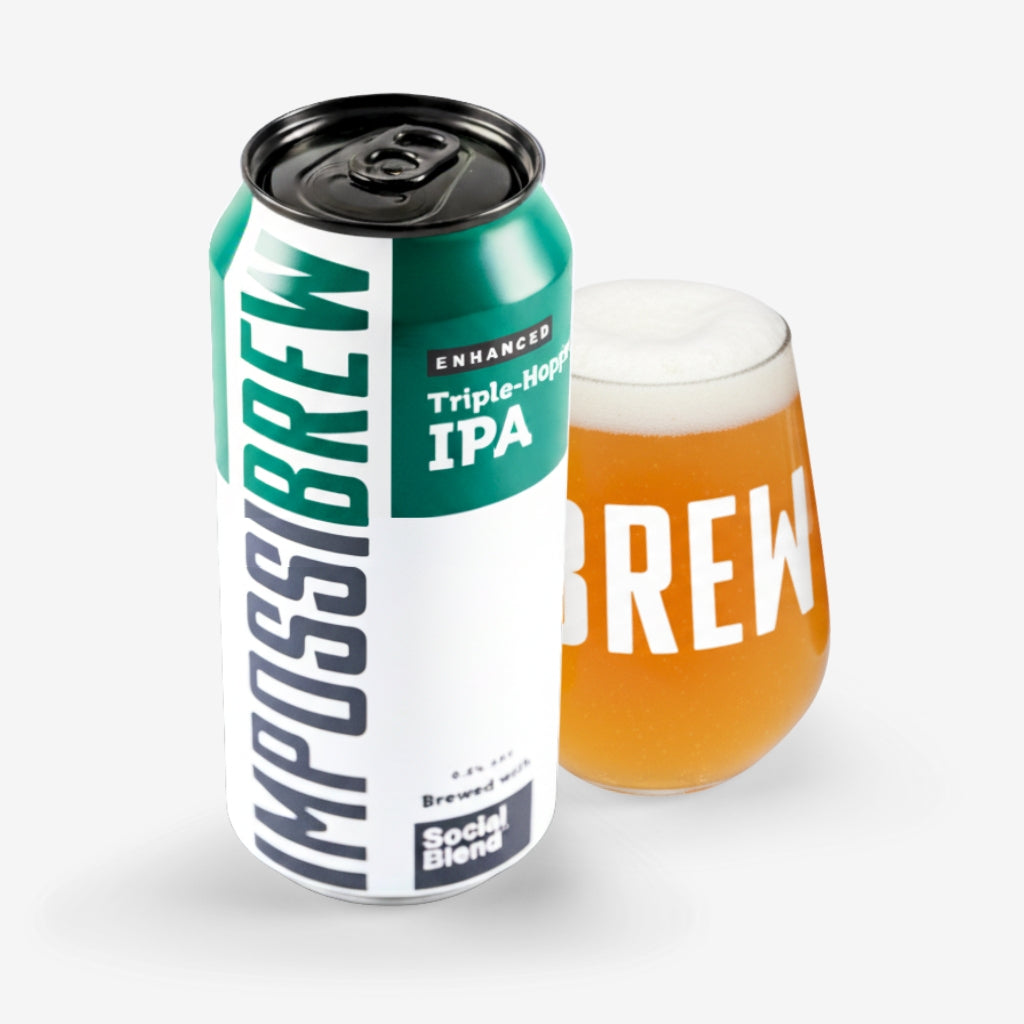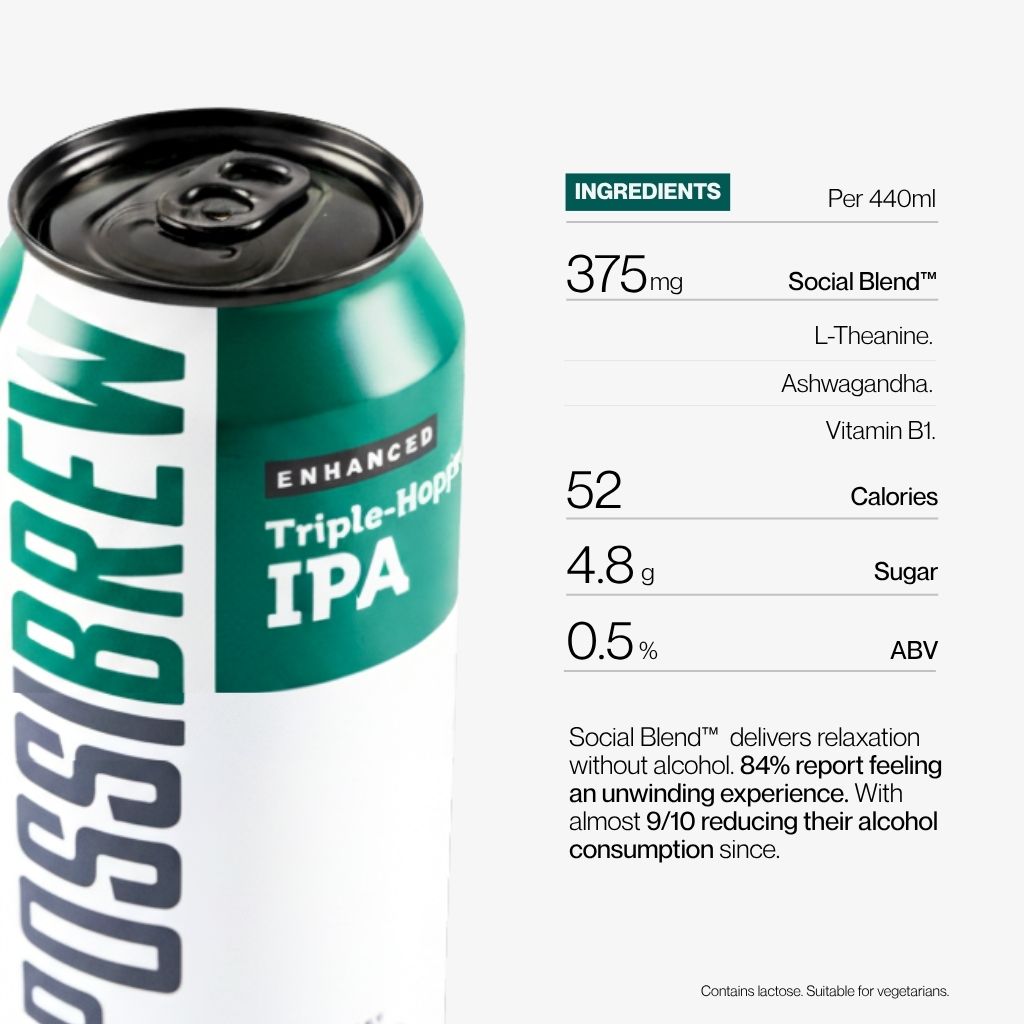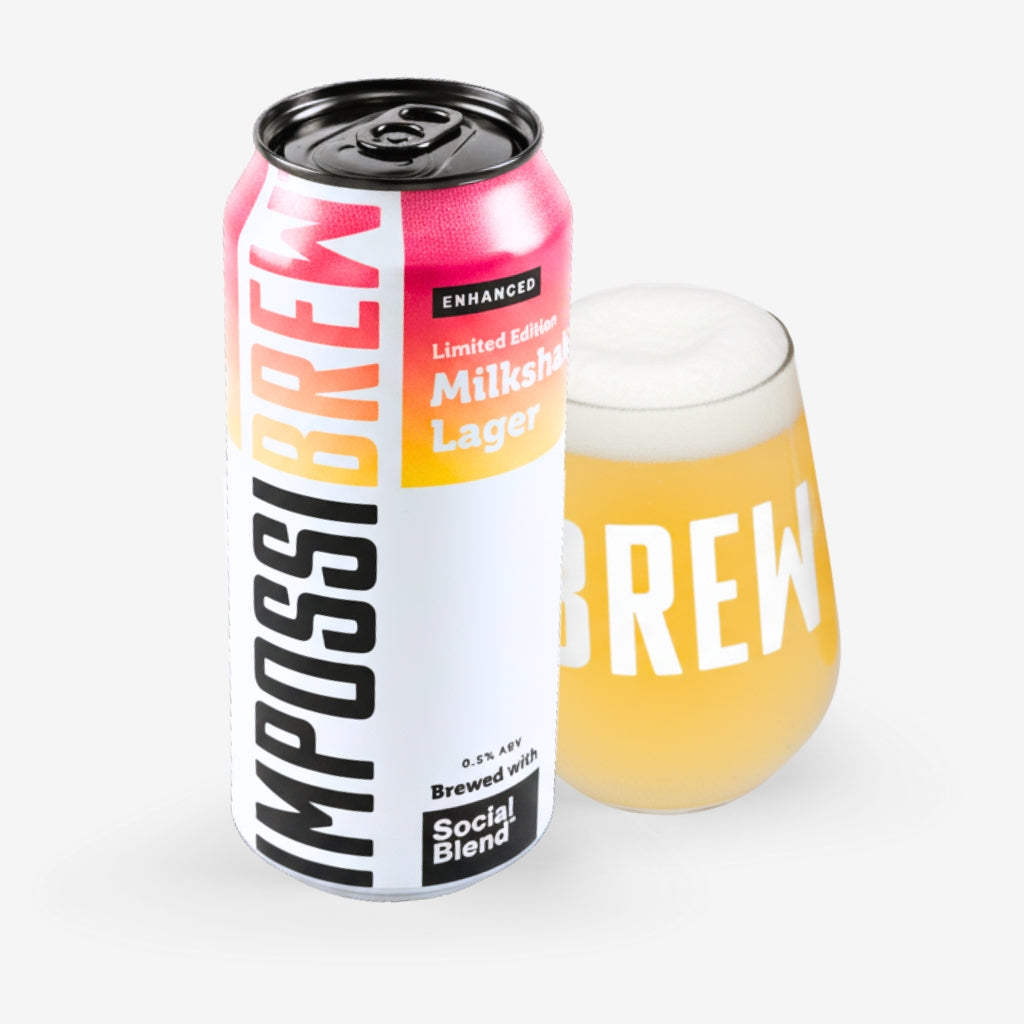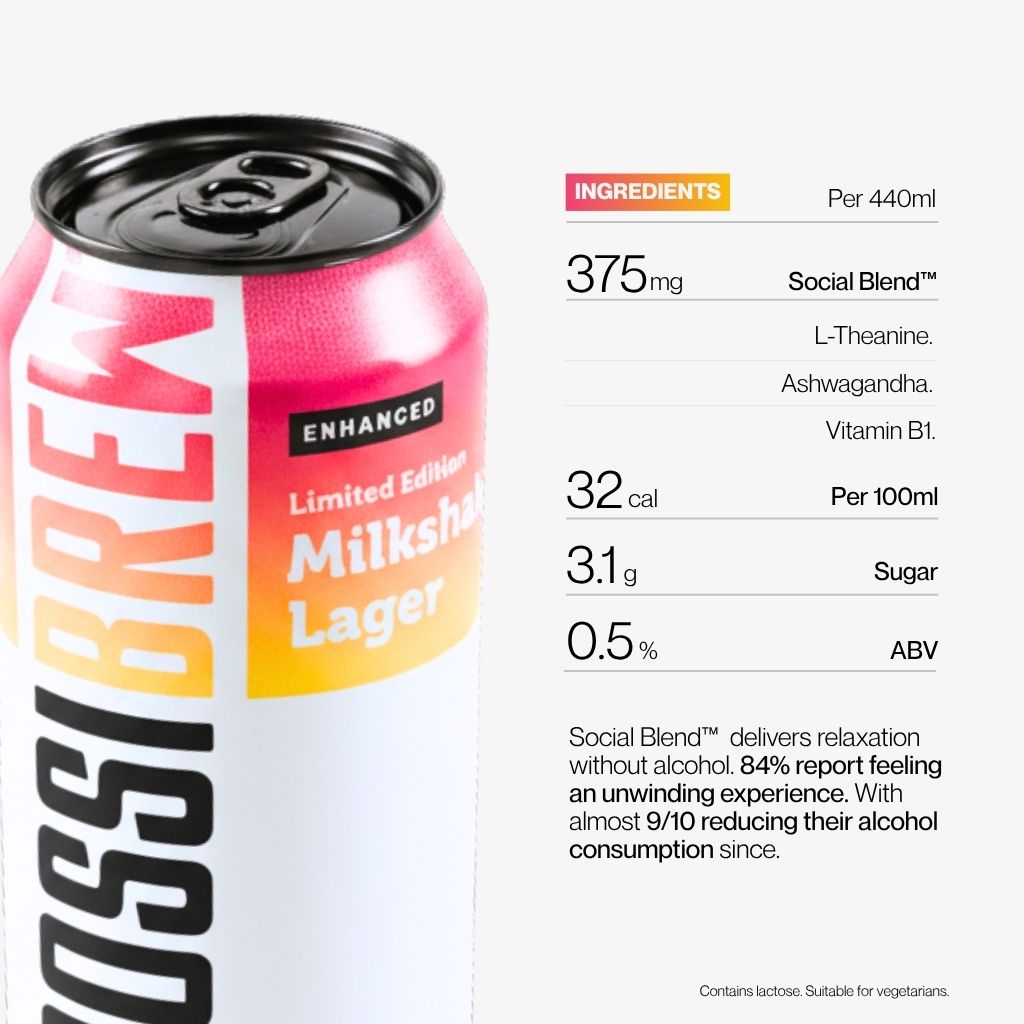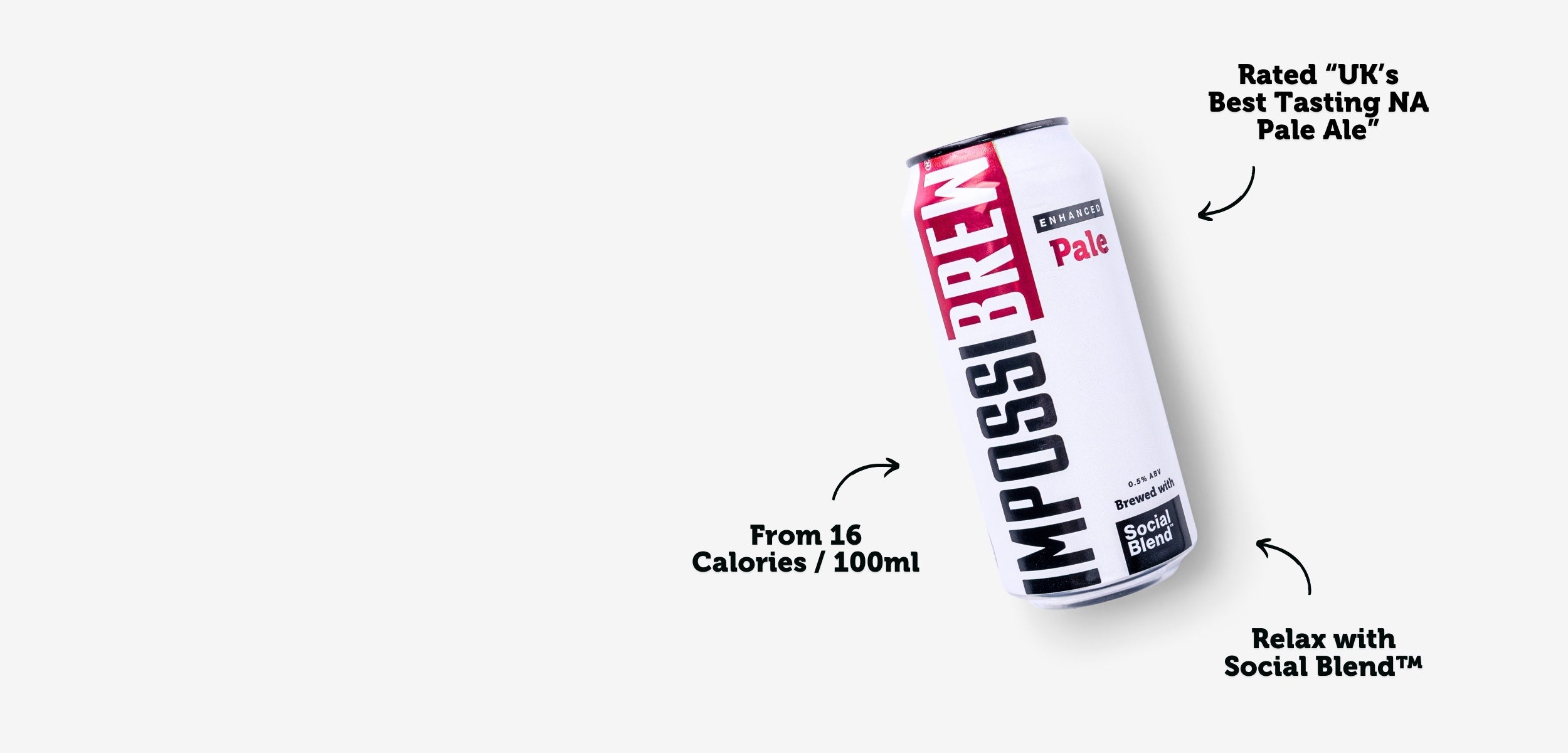For centuries, non-alcoholic beer has been around, but have you ever stopped to ponder its past? In this article, we'll take a journey back in time to uncover the surprising history of non-alcoholic beer in ancient civilisations. From its ancient Egyptian roots to its modern-day fame, we'll uncover the fascinating story of non-alcoholic beer.
So, grab a (non-alcoholic) beer and join us as we uncover the unexpected origins of non-alcoholic beer in ancient civilisations!
The Earliest Days
Non-alcoholic beer, also known as alcohol-free or low-alcohol beer, has been around for centuries, with its origins dating back to ancient civilizations. In fact, the earliest known non-alcoholic beer was brewed in ancient Egypt around 5000 B.C.E.
According to ancient Sumerian legend, beer was discovered by a goddess named Ninkasi. The story goes that Ninkasi was out gathering grains when it started to rain, causing the grains to ferment and turn into beer.
Ninkasi was so pleased with her discovery that she decided to share it with the rest of the world. She taught the people of Sumer how to make beer, and it quickly became a staple in their diet. The Sumerians believed that beer was a gift from the gods and that it had the power to bring people together and promote harmony.
Non-alcoholic beer was also consumed in ancient Egypt, they called it "zythos" which was consumed by all social classes, including children and pregnant women. They believed that beer, which was made from barley, was a nutritious and healthy drink that provided essential vitamins and minerals. They also believed that the fermentation process helped to purify the beer and make it safe to drink.
This beer, later known as "small beer," was consumed by all members of society, including children and workers, as it was safer to drink than water due to the brewing process that killed off harmful bacteria - they typically have less than 2-3% ABV.
In ancient Mesopotamia, a similar beer called "kash," which was made from barley and was considered a staple food. This beer was often used in religious ceremonies and was believed to have medicinal properties.
As civilisations developed, so did the production of alcohol-free beer. In medieval Europe, monasteries were known for brewing this alternative for the monks who were required to abstain from alcohol.
A Bit Later
During the 19th century, the temperance movement led to an increase in the popularity of non-alcoholic beer. This movement aimed to reduce the consumption of alcohol, promote a healthier lifestyle, but mainly, many saw alcohol has a cause of societal issues. Many breweries began to produce it as an alternative to traditional beer to circumvent legal barriers.
During the temperance movement in the United States, non-alcoholic beer was widely promoted as a safer alternative to alcoholic beer. One interesting story from this period is about a man named Claude R. Hopkins. Hopkins was a successful advertising executive who was hired by a company called Schlitz Brewing Company to promote their new "near beer" product, which was a non-alcoholic version of their regular beer.
Hopkins came up with a clever marketing campaign that emphasized the health benefits of non-alcoholic beer. He claimed that Schlitz's near beer was made with pure, natural ingredients and was free from the impurities found in regular beer. He also stressed that it was a safe alternative for people who wanted to enjoy the taste of beer without the negative effects of alcohol.
The campaign was a huge success, and Schlitz's near beer became one of the most popular non-alcoholic beers of the time. However, it was later revealed that the near beer still contained a small amount of alcohol and that Hopkins had made false claims about the purity of the product. Despite this, the campaign had already done its job and Schlitz's near beer continued to be popular even after the truth was revealed.
Where We Are Today
In recent years, there has been a growing interest in non-alcoholic beers that are made with high-quality, natural ingredients and offer a more complex flavor profile than traditional non-alcoholic beers.
There are a number of companies now, big and small, to tackle the problem that non-alcoholic beer options were limited and not very satisfying.
Now, there are a lot more non-alcoholic beers that are more fully flavored and satisfying, using ingredients such as hops, malt, and yeast to create a taste that is similar to that of traditional beers.
Where We Are Going

In the future, non-alcoholic beer will be much more than just a tasty alternative to traditional beer. The future of non-alcoholic beer is all about the functional, providing a buzz to consumers beyond just the taste and a complete replacement of the alcohol drinking experience.
Imagine a world where non-alcoholic beers are infused with ingredients that not only taste great but also provide specific benefits traditionally (perceived to be) fulfilled by alcohol, like reduced anxiety, or improved sleep. These non-alcoholic beers will be designed to mimic the effects of alcohol, giving consumers the feeling of a buzz without the negative side effects associated with drinking too much.
One company that's at the forefront of this trend is "
IMPOSSIBREW", they've developed a line of non-alcoholic beers infused with nootropics - compounds that promote relaxation. Their beers are formulated with a blend of natural ingredients such as L-Theanine, amino acids, and B-vitamins that are known to support alert relaxation with GABA receptors in the brain. They have become extremely popular among office workers, students, and gamers who want to enjoy a beer, able to
reduce stress, anxiety and improve sleep - all without sacrificing their morning the next day.
Conclusion
In conclusion, non-alcoholic beer has been around for centuries and has played an important role in the history of many ancient civilisations. From being a staple food in Mesopotamia to being a safer alternative to water in ancient Egypt, non-alcoholic beer has evolved over time to become the popular alternative to traditional beer that it is today.
With the rise of the health and wellness trend, it's no surprise that more and more people are turning to non-alcoholic beer as a healthier alternative to traditional beer.





